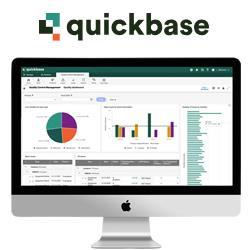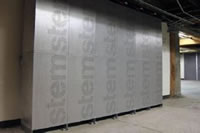Is The Best Analogy For The Energy Storage Business--Eeek!--Hard Drives?
Is 2016 The Turning Point For Energy Storage?
Why Every Rooftop Solar System Needs Energy Storage
24M's Batteries Could Better Harness Wind and Solar Power
Virtual Power Plants Get Around Solar Power's Intermittency Problem
Iron Edison Battery Company CEO Speaks at Next-Generation Energy Storage Conference
WattJoule Develops Cost Breakthrough for Liquid Energy Storage
Two-thirds of US solar installers do not offer storage, study finds
These Lego-Like Batteries Plug In To Store Solar Power At Home
JuiceBox Energy and ReVision Energy Install Innovative Solar Energy Storage Technology at Historic Maine Library
Apple leftovers key for future energy storage
JuiceBox Energy and Simmitri Offer Energy Storage Innovation to Silicon Valley Solar Customers
Smart Energy Storage System, sonnenBatterie, is ready for Hawaii with HECO Approval
SolarWorld Partners with sonnen to Launch Energy Storage Solutions
Europe's First Commercial Battery Will Also Provide Black Start Capability
Records 31 to 45 of 91
First | Previous | Next | Last
Featured Product










